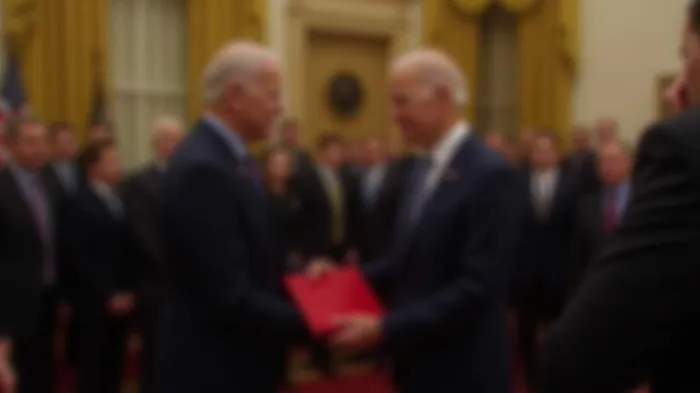National Security Advisor Mike Waltz Resigns After Signal Group Chat Leak
U.S. National Security Advisor Mike Waltz and his deputy, Alex Huang, are set to resign, according to multiple sources. This announcement follows a significant incident in March when Waltz inadvertently included Jeffrey Goldberg, a journalist from The AtlanticATLN--, in a Signal group chat. This error led to the disclosure of sensitive discussions between Waltz and high-ranking national security officials regarding U.S. military plans to strike targets of the Houthi rebels in Yemen.
The incident sparked significant attention and internal debate within the White House. Waltz acknowledged the authenticity of the reports but did not offer his resignation. Trump publicly expressed support for Waltz, describing him as a "good person" who had "learned his lesson." Despite the controversy, Waltz has continued in his role until now.
The resignation of Waltz and Huang marks a significant shift in the U.S. national security apparatus. Waltz's tenure was marked by high-profile incidents, including the Signal group chat leak, which raised questions about the security of sensitive information and the handling of national security matters. The departure of both Waltz and Huang is likely to prompt a review of communication protocols and security measures within the national securitySNFCA-- council.
The timing of their resignations is notable, as it coincides with ongoing geopolitical tensions and the need for a cohesive national security strategy. The White House will now face the challenge of finding suitable replacements who can navigate the complex landscape of international relations and domestic security concerns. The new appointees will need to address the lessons learned from past incidents and ensure that similar breaches do not occur in the future.
The departure of Waltz and Huang also highlights the importance of vigilance in maintaining the confidentiality of sensitive information. The incident serves as a reminder that even minor lapses in judgment can have far-reaching consequences. As the U.S. continues to grapple with various security challenges, the need for robust communication protocols and stringent security measures has become more apparent than ever. The White House will need to prioritize these aspects to maintain the integrity of its national security operations.

Stay ahead with real-time Wall Street scoops.
Latest Articles
Stay ahead of the market.
Get curated U.S. market news, insights and key dates delivered to your inbox.



Comments
No comments yet